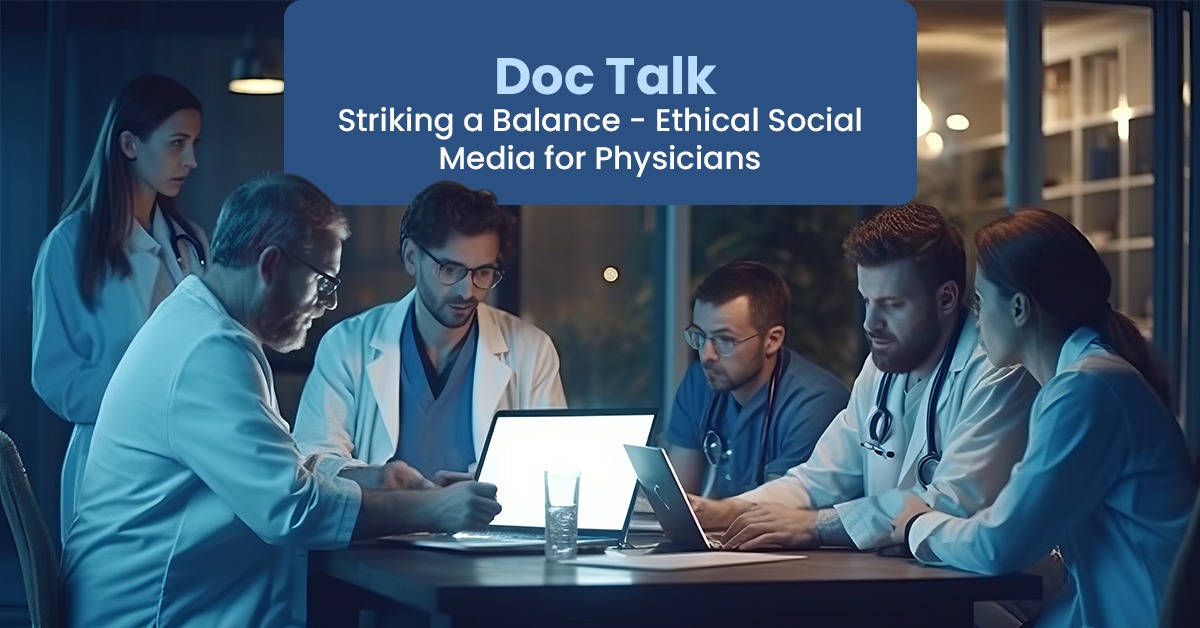In today's digital age, social media is woven into the fabric of our lives. Doctors are no exception, and many leverage these platforms to share medical knowledge, connect with patients, and build a professional presence.
In today's digital age, social media is woven into the fabric of our lives. Doctors are no exception, and many leverage these platforms to share medical knowledge, connect with patients, and build a professional presence. But with great online power comes great responsibility. Physicians navigating the social media landscape must tread carefully, balancing the potential benefits with the inherent ethical considerations.
Walking the Tightrope: Confidentiality and Boundaries
The cornerstone of the doctor-patient relationship is trust. This includes safeguarding a patient's privacy. Social media posts, even seemingly innocuous ones, can inadvertently reveal identifiable patient information. Physicians must be mindful of HIPAA regulations and avoid sharing details that could compromise a patient's privacy.
Blurring the lines between professional and personal lives is another potential pitfall. While sharing hobbies or interests can make a doctor seem more relatable, it's crucial to maintain boundaries. Avoid posting anything that could damage a patient's trust or erode professional decorum.
Spreading Knowledge vs. Misinformation
Social media offers a fantastic platform for doctors to educate the public about health topics. Sharing credible information on disease prevention, healthy habits, and treatment options can empower patients and foster better well-being. However, the internet is rife with misinformation. Physicians have a responsibility to ensure the information they share is accurate and evidence-based. Citing reliable sources and avoiding sensational claims is key to promoting responsible health education.
The Power of Professionalism
Social media is a public forum, and anything a doctor posts reflects on their profession. Maintaining a professional online presence is essential. Avoid engaging in online arguments, trolling, or unprofessional language. Remember, patients may be following you, and your online behavior shapes their perception of you as a physician.
Building a Positive Online Presence
So, how can doctors navigate social media responsibly? Here are some tips:
Clearly define your purpose: Are you using social media for patient education, professional networking, or both?
Be mindful of your audience: Tailor your content to the specific platform and user base.
Maintain confidentiality: Always prioritize patient privacy.
Fact-check and cite sources: Ensure the information you share is accurate and up-to-date.
Be professional: Uphold the highest ethical standards in your online interactions.
By being thoughtful and responsible, doctors can harness the power of social media to connect with patients, promote public health education, and build a strong online reputation. Remember, social media can be a valuable tool in your medical toolkit, but it's important to use it ethically and professionally.




